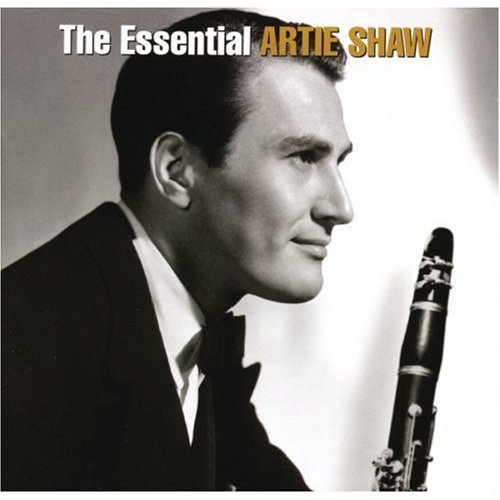
description
ce called "the father of more brains than any other man in America." Among his eleven living children were a celebrity novelist, a college president, the most well-known preacher in America, a suffragist, a radical abolitionist, a pioneer in women's education, and the founder of home economics. Rejecting many of their father's Puritan beliefs, the deeply religious Beechers nevertheless embraced his quest to exert moral influence. They disagreed over issues of slavery, women's rights, and religion and found themselves at the center of race riots, denominational splits, college protests, a civil war, and one of the most public sex scandals in American history. They were nonetheless unified in their "Beecherism"--a phrase used to describe their sense of self-importance in reforming the nation. Obbie Tyler Todd's masterful work is the first biography of the Beechers in more than forty years and the first chronological portrait of one of the most influential families in nineteenth-century America.
member goods
No member items were found under this heading.
Return Policy
All sales are final
Shipping
No special shipping considerations available.
Shipping fees determined at checkout.







